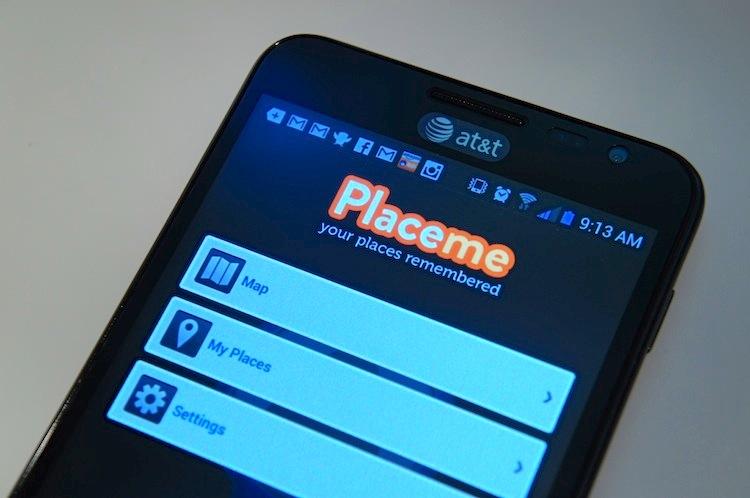
Ever since location-based services started arriving on smartphones, I've been both wary and curious of them. I have used location-based search apps, like Poynt, since my early BlackBerry days to help me locate restaurants, gas stations and other establishments near my current location. And there's the social aspect, like Foursquare, which I used to use compulsively.
Lately, I've taken a break (which may be permanent) from checking-in to every place I go and sharing my locations multiple times per day. While it's generally all in good fun, applications like Girls Around Me, which stirred up quite a bit of controversy last week, should serve as an eye-opener for what exactly can and will be done with public information. An unprotected check-in, status update or Facebook profile is all it takes for someone – anyone – to know everything about you: where you like to eat, where you live, your routine, etc.
Not all location-based applications that gather such intimate information are bad, however. They're still creepy, there's no denying that. But a new service for iOS and Android, Placeme, is a perfect example of how this information can be utilized and put to some good.
Placeme was created Alohar Mobile, Inc., which is composed of a former team lead for the Google Location Server, Sam Liang, and his crew. But what does it do, exactly? It uses every sensor in your smartphone (GPS, gyroscope, compass, Wi-Fi, Bluetooth, etc.) to track your location and gather information in the background while you go about your day. It is entirely frictionless and requires no user interaction. Simply allow the app to access your location, enable Wi-Fi and GPS and forget about it.
In a 32-minute video with Robert Scoble yesterday, Liang explains that if you are at a location for more than just a few minutes, Placeme will start trying to discover the name of the establishment you are in. Later in the video, Liang shows the information that was gathered from his smartphone on Black Friday last year and focuses on his trip to Wal-Mart, where Placeme recorded his foot travel through the store.
Quite honestly, this is about as creepy as it gets, folks.
That said, Placeme does not share your information, nor does it broadcast your location. And the data is encrypted. It is sent to Placeme's servers where Liang says they do some harmless data mining.
However, the point here isn't what Placeme can do right now. Alohar Mobile's vision for Placeme and what it will be capable of in the not too distant future is what's so impressive. In Scoble's video, Liang mentions an example of how Placeme can actually be useful, rather than just storing some of your most intimate information on a remote server. Imagine all of the information this application can gather after just a couple weeks or months of use. It will know where you get gas most often, where you grocery shop, which coffee shop you frequent the most. Using other publicly available information from the Internet, Placeme could then be used to offer suggestions, much like a personal assistant. If you're continually going to the same gas station and there is cheaper gas around the corner, Placeme could suggest another gas station to save you some money. Or if you're driving down the freeway and there is construction or traffic ahead, Placeme could notify you and find an alternative route, much like navigation.
Liang says, with time, Placeme could predict when you would need to fill up your car again solely based on your patterns and how many miles you have driven in your car. It can also differentiate and determine when you're on foot or in a car based on speed and different motion patterns in the accelerometer.
On Placeme's website, Katie, a Stanford grad, says, "Placeme is like a friend who remembers the name of every place you went." And, in due time, it could become your most intimate personal assistant. Something as pervasive as this will certainly raise a few flags, though, and I'm sure many would prefer to not have their smartphone track and store everywhere they go in a day. But the possibilities of this software are endless. This is the future of location-based services.
I have downloaded and installed Placeme on my phone and plan to try it out a couple days. What could it hurt, right? I don't expect much from it now. But in another year or so, I expect Placeme to know where I want to eat before I do.
Tell me, ladies and gents. Do you want an application as intrusive as this to gather your location and other information? Even if it's to learn about you and, eventually, to become your intelligent personal assistant. Or is all of this just to freaky and intimate for your liking?